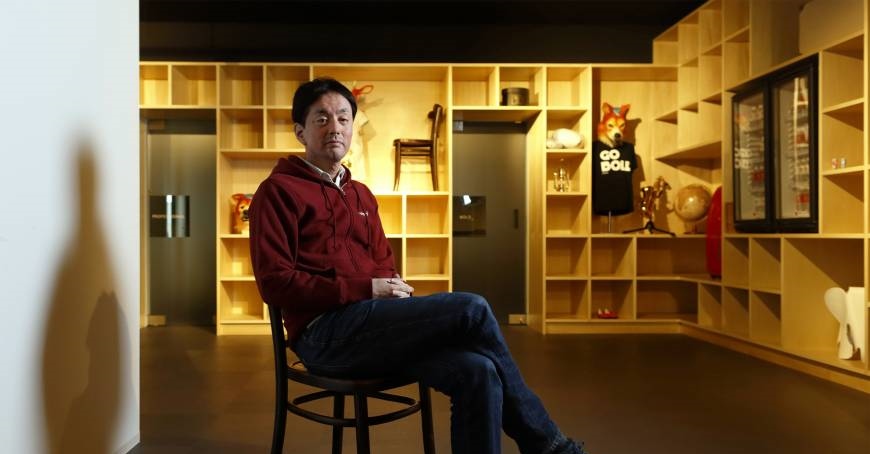Mercari Inc
June 15, 2018 | Expert Insights

Mercari Inc, a Japanese start-up, has emerged as the most successful start-up of 2018. It is the first company in Japan to achieve the “unicorn” status.
Background
A start-up is a young company that is just beginning to develop. Start-ups are usually small and initially financed and operated by a handful of founders or one individual. A start-up is usually a company designed to effectively develop and validate a scalable business model. It should be noted that start-ups have high rates of failure, but the minority of successes include companies that have become large and influential.
However, some of the most successful companies began as start-ups in the 21st century. This includes companies like Snapchat, Uber, Waymo, Airbnb, Dropbox and more.
Silicon Valley
Silicon Valley is a region in the southern San Francisco Bay Area of Northern California, referring to the Santa Clara Valley, which serves as the global center for high technology, venture capital, innovation, and social media. The word "silicon" originally referred to the large number of silicon chip innovators and manufacturers in the region, but the area is now the home to many of the world's largest high-tech corporations, including the headquarters of 39 businesses in the Fortune 1000, and thousands of start-up companies. Silicon Valley also accounts for one-third of all of the venture capital investment in the United States, which has helped it to become a leading hub and start-up ecosystem for high-tech innovation and scientific development.
Mercari
Mercari, Inc. is a Japanese e-commerce company founded in February 2013. It is currently operating in Japan, the United States, and the United Kingdom. The “Mercari” app has been downloaded over 100 million times worldwide (as of 16 December 2017) and the company is the first in Japan to reach “unicorn” status. Mercari’s main product is the Mercari marketplace app, which allows users to buy and sell items quickly from their smartphones. In Japan, the app is known for its ease of use and unique shipping system, which allows users to ship items anonymously from local convenience stores through agreements with Yamato Transport and Japan Post.
Analysis
Mercari Inc. is slated to deliver United Inc, its early investor a 149-times return. The stake of the flea market will reportedly be worth at least ¥45 billion when it goes public. Shintaro Yamada, whose previous company was acquired by Zynga Inc., built the flea market by focusing on smartphone users.
Mercari’s IPO is Japan’s biggest for a technology company since Line Corp. debuted in July 2016. Founded in 2013, Mercari was Japan’s first unicorn - a start-up with a valuation above $1 billion - in a country that boasts numerous successful giant corporations but lacks a vibrant start-up culture.
“The environment is right to see several more unicorns appear over the coming decade,” said Yozo Kaneko, president of the Tokyo-listed investment and internet services firm. “But the real consequence is that we’ll see more experienced entrepreneurs come out of those unicorns, and they’re the ones who could have a really big impact on the entire ecosystem.”
“What I hope people realize is that you don’t need to be in Silicon Valley to build a unicorn,” said James Riney, the head of 500 Startups in Japan. “You can build one in Tokyo. Yamada-san was able to show that in a pretty short amount of time, which a lot of people didn’t think was possible.”
“Before, companies struggled to raise 4 or 5 million dollars, but now they can raise 30, 40 or 50 million,” said David Milstein, head of Fidelity’s Eight Roads Ventures in Japan. “The quality of entrepreneurs is improving, they have better access to capital, and there’s more patience among investors before pushing a company to go public.”
Japan is the world’s third largest economy. However, the growth has stagnated in the most recent quarter. The country is also grappling with a rapidly shrinking workforce. Experts believe that Mercari’s success could be the catalyst that would drive the start-up culture further in Japan and revive the economy.
Assessment
Our assessment is that Mercari’s success as a start-up is because the founder understood the need for such an app in the market and then created a niche product aimed to address it. It is also a rare start-up success story in Japan where there are multiple giant corporations but very few successful start-ups. It is possible that Mercari’s success could create a sustainable start-up ecosystem far away from Silicon Valley.








Comments